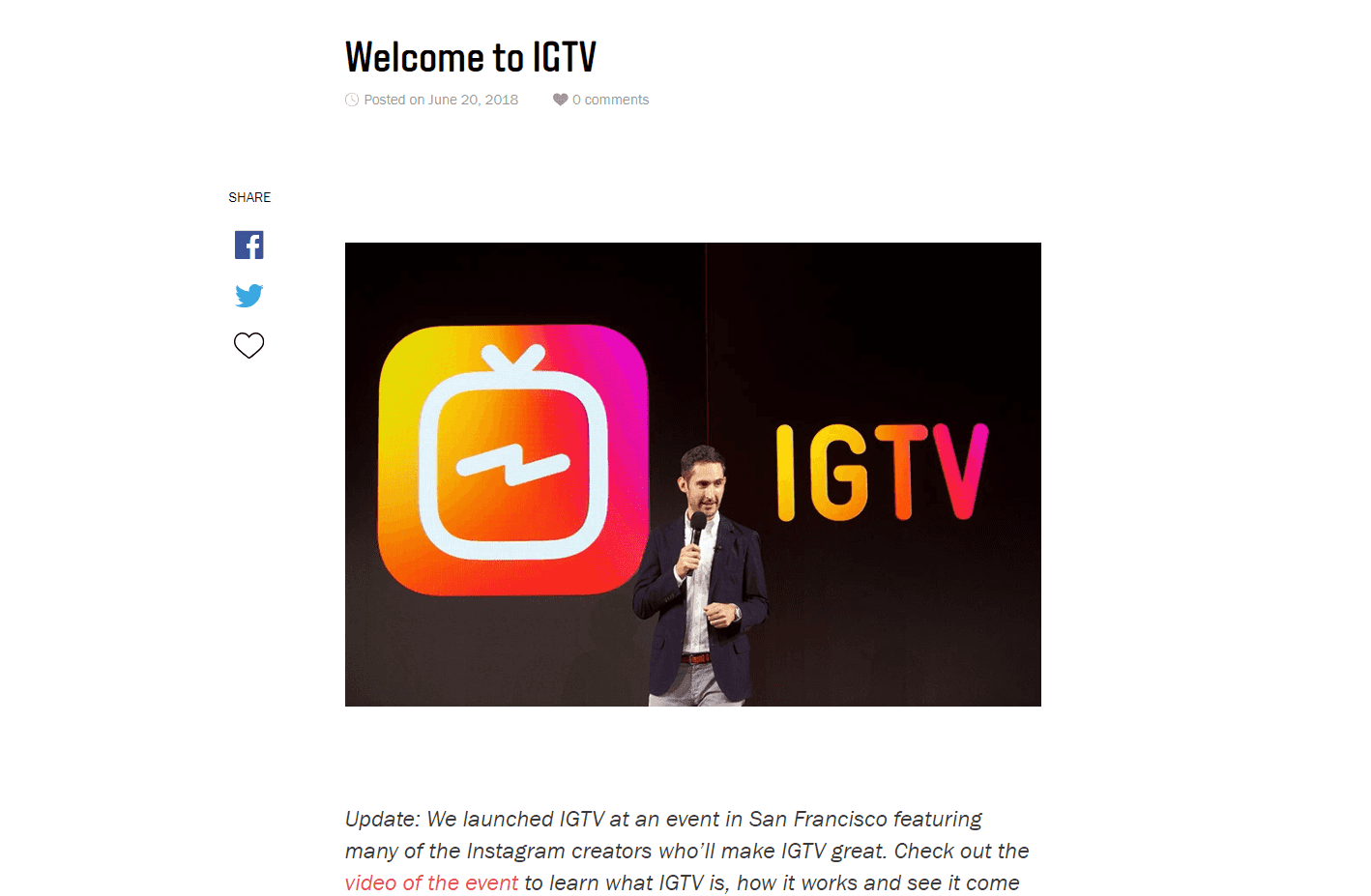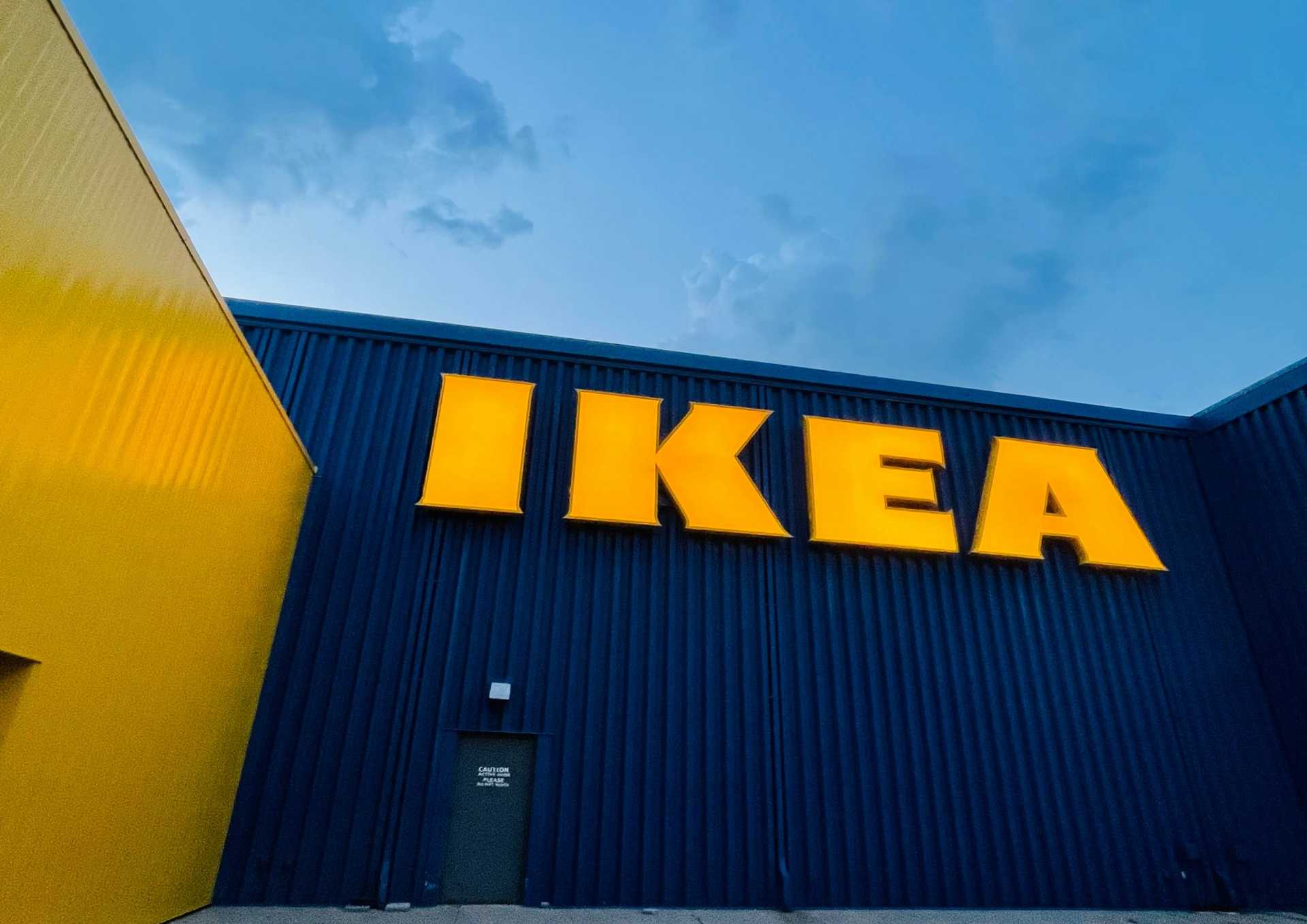
Instagram recently launched its new long-form video platform ‘IGTV’, seemingly an attempt to compete with YouTube. The day before its release, the Flaunt team sat down to discuss what this could mean for the platform…
See below for the full video transcription.
VIDEO TRANSCRIPTION:
Lee: So we’re going to look at Instagram could potentially be rolling out a long-form video platform. Now, Instagram, Facebook, have already pretty much turned into video platforms, in my opinion anyway. I think probably about at least upwards of 80% of the content that you see on there is video-based, albeit fairly short snappy kind of stuff. YouTube has been more of a search engine for video for years and years. They’ve sort of cornered that market. They’ve got a massive user base, and they’ve got a significant amount of influencers that are capitalizing on that platform, that’ve gotten in there early. I think Instagram opening this up, they’re definitely going after that market. They’ve got the demographic to make that grow. I think it’s going to be a really good move. It’s going to be interesting to see how they format that within the app, whether it will reflect YouTube in terms of search, to make everything more accessible, because I know the Discover tab in the Instagram app’s been a little bit flaky in terms of discovery. And YouTube does that really well. So yeah, interested to see what happens there.
Chris: You think there’ll be any like tighter control on publishers and the type of content they put out? Like what you were saying before about the YouTube publishers, they’re under more and more scrutiny as the years go by to publish non-explicit content and content that’s probably going to get people’s backs up or anything. Facebook’s clearly trying to just poach that audience now, and obviously use it to make ads on. Do you think they’ll eventually start to vet their publishers a little bit more in the future as have YouTube?
Lee: I think there’s always going to be an element of that. I think that’s something that Facebook and Instagram, or Facebook-Instagram, have been working on with the current content that’s going out on the platform. I think they sense check it don’t they? So I think especially Facebook in the past have had issues with racist content and things like that that they’ve had to catch, and they’ve had to up their game on. YouTube have made that publicly a mission of their’s to stop that happening. So I think Facebook and Instagram will need to tread carefully with that. I think it will take one big issue with Instagram rolling this out, that could potentially harm their progress. If they execute it well with no issues, then I could see it probably taking a chunk of YouTube.
Chris: Well, surely they’ve not ignored what’s happened to YouTube, and surely they’ve taken that on board for what they’re developing now. But yeah, I think especially as well, since Facebook have been in the public eye quite a lot lately for a number of different things, yeah, and not in a good way either. So I think they’ll be eager to make sure that they hit the ground running with that. Yeah, I hope they’ve covered all the bases in that respect as well, because it can’t be another thing that Facebook are done for over the last sort of a year or so.
Lee: I think the ad formats that they roll out in this long-form stuff will be interesting as well, because I think that’s still something that YouTube are trying to figure out. I think the ad formats that you can do across video is quite limited, but Instagram seems to be experimenting with the best native ad format for the platform with like the shoppable stories and the shoppable posts, so I’m interested to see whether they can release an ad format in video, in a long-form video, that doesn’t interrupt your experience, because that’s what they’re trying to get, I think that’s what they’re trying to achieve with the ad formats that they’re putting out in the stories and the image-based stuff.
Chris: I think they’re more useful like we were saying earlier about the story adverts, the shoppable post and things like that, that’s adding value to people’s experience, whereas a lot of the time, when you get like a broadly targeted video or clip in story, or something like that, it is just a little bit disruptive and interruptive. Whereas if you can do something clever, do more things clever like that, and speak to what they know is their market audience, then yeah. I think they’re obviously leading in that respect, aren’t they? It’s contextual and relevant to their audience.
Lee: That’s the key, yeah.
Chris: Whereas like YouTube tends to be which advertiser’s got the biggest budget and what can they negotiate with their publisher’s, obviously.
Lee: That’s it, it’s not as bid-driven, is it, on Instagram, whereas YouTube is historically a bid-based model, a CPC or a CPM.
Chris: Or they do a partnership. I think the most recent one is that like the top 5% of advertisers will get access to certain publishers and stuff like that, where it’s… I know there’s manual control over that when you’re working at a really high level, but I think this type of product appeals more to smaller advertisers.
Lee: I can’t remember off the top of my head, but the header ad on YouTube, that ad spot is something like…I can’t remember of the top of my head. It’s something absolutely extortionate, like millions per day or something.
Jamie: Like you mention with the Discover tab in Instagram. If they’re adding more and more types of content, they need to sort that out because it’s a magnifying glass, click on it and it’s like, “What? What’s going on?” It’s like search results before you search.
Lee: It’s going to be key, it is going to be key. The discovery of new content, because it’s limited to people that you’re friends with, that is going to be key to the growth of that.
Jamie: Well, maybe they need to take a different angle to YouTube there, instead of just recommending other similar videos by anyone, needs to be just videos by your friends that may or may not be similar, just like more stuff to watch.
Lee: I think they could do all sorts, couldn’t they? Trending. They need to take the best elements for discovery that YouTube offer like trending, top trending, automated topics, things like that, that you’ve shown interest in, hashtags that your friends are liking.
Chris: There’s not going to be, what are the chances of there being relevant cross over there. I think Instagram…I don’t know if it indicates who you, maybe it does, who you peers are and stuff like that. I think it’s very specific to you and obviously the content that you browse on there. It’ll be interesting to see if they build this following even more, and there’s more ad products that are run, if they get a bit greedy with it and try and expand who, you know, they attract to the channel. It must be hard as your business model to not go after a new demographic, or a new audience, or something like that, because when you’re monetising it, why wouldn’t you? But yeah.




